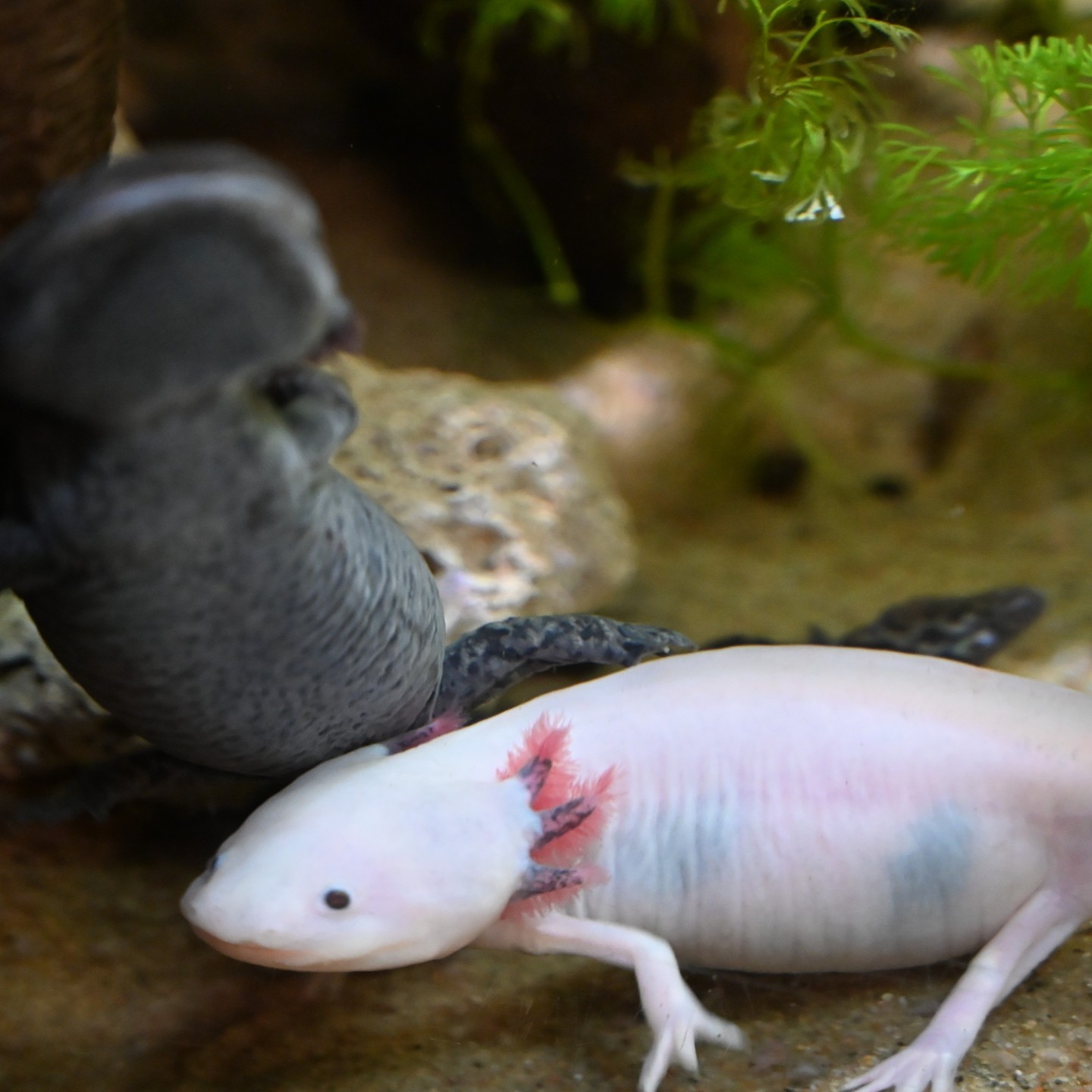- The cultural and symbolic significance of the Mexican axolotl in Mexican society and beyond.
- Understanding the biology and habitat of the Mexican axolotl, including its unique regenerative abilities.
- Conservation efforts and challenges facing the axolotl in its native environment.
- The role of zoos and aquariums in axolotl conservation and public education.
- Engagement strategies and the importance of celebrating Happy Day of the Mexican Axolotl!
In celebrating the Happy Day of the Mexican Axolotl, we embrace a moment of profound cultural and ecological significance. Known as one of the world’s most unique amphibians, the Mexican axolotl transcends its biological boundaries to become an emblem of cultural identity and an ecological symbol. Indigenous communities in Mexico revere the axolotl, intertwining the creature in folklore and mythology. The axolotl is seen as a symbol of life and rebirth, mirroring its impressive talent for regeneration. This cultural significance extends beyond Mexico, raising awareness and admiration globally.
The Mexican axolotl, scientifically known as Ambystoma mexicanum, exhibits a set of remarkable biological characteristics. It is native to the canal systems of Xochimilco in Mexico City. One of the most captivating features of the axolotl is its neoteny, where it retains juvenile features into adulthood. This evolutionary trait showcases the axolotl’s ability to remain aquatic throughout its life, unlike many other amphibians that undergo metamorphosis to become terrestrial. The axolotl’s regenerative capability stands out as its most extraordinary trait. It can regrow entire limbs, spinal cords, and even portions of its brain, offering invaluable insights into regenerative medicine for humans.
Despite their incredible abilities, axolotls face critical challenges in their natural habitat. Urbanization, pollution, and the introduction of invasive species have severely degraded their ecosystem in Xochimilco. As a result, the species is critically endangered, with populations decreasing rapidly. Conservationists are racing against time to address these threats through habitat restoration, pollution control, and captive breeding programs. Ensuring a balanced and viable habitat in Xochimilco is crucial, as this is one of the few places where the axolotl can still be found in the wild.
Zoo management and wildlife conservation organizations play pivotal roles in the preservation of the Mexican axolotl. Zoos and aquariums around the world have become sanctuaries for these amphibians, supporting breeding programs that aim to safeguard genetic diversity. Equally important is the role of public education. By exhibiting axolotls, these institutions inspire visitors to appreciate and value biodiversity. Educational programs focus on informing the public about the axolotl’s ecological role and the urgent need for conservation actions.
The celebration of the Happy Day of the Mexican Axolotl goes beyond cultural tradition. It serves as an opportunity to engage communities and promote active participation in conservation efforts. Observance of this day can foster a deeper understanding of the challenges facing axolotls, thus enhancing global conservation efforts. Engaging events, campaigns, and educational workshops can be pivotal in spreading awareness. These efforts aid in ushering a collaborative approach to wildlife conservation, uniting public and private sectors, as well as local and international entities.
Promoting awareness and education through this celebration can enrich conservation efforts and enchant audiences worldwide. As we reflect on the significance of the axolotl, we recognize the vital need for conservation action, balancing education, habitat restoration, and international cooperation. Through these concerted efforts, we can hope for a thriving future for the Mexican axolotl and the diverse ecosystems it inhabits. The Happy Day of the Mexican Axolotl stands as a testament to the power of collective action in preserving our natural heritage.
*****
Source Description
Happy Day of the Mexican Axolotl!


